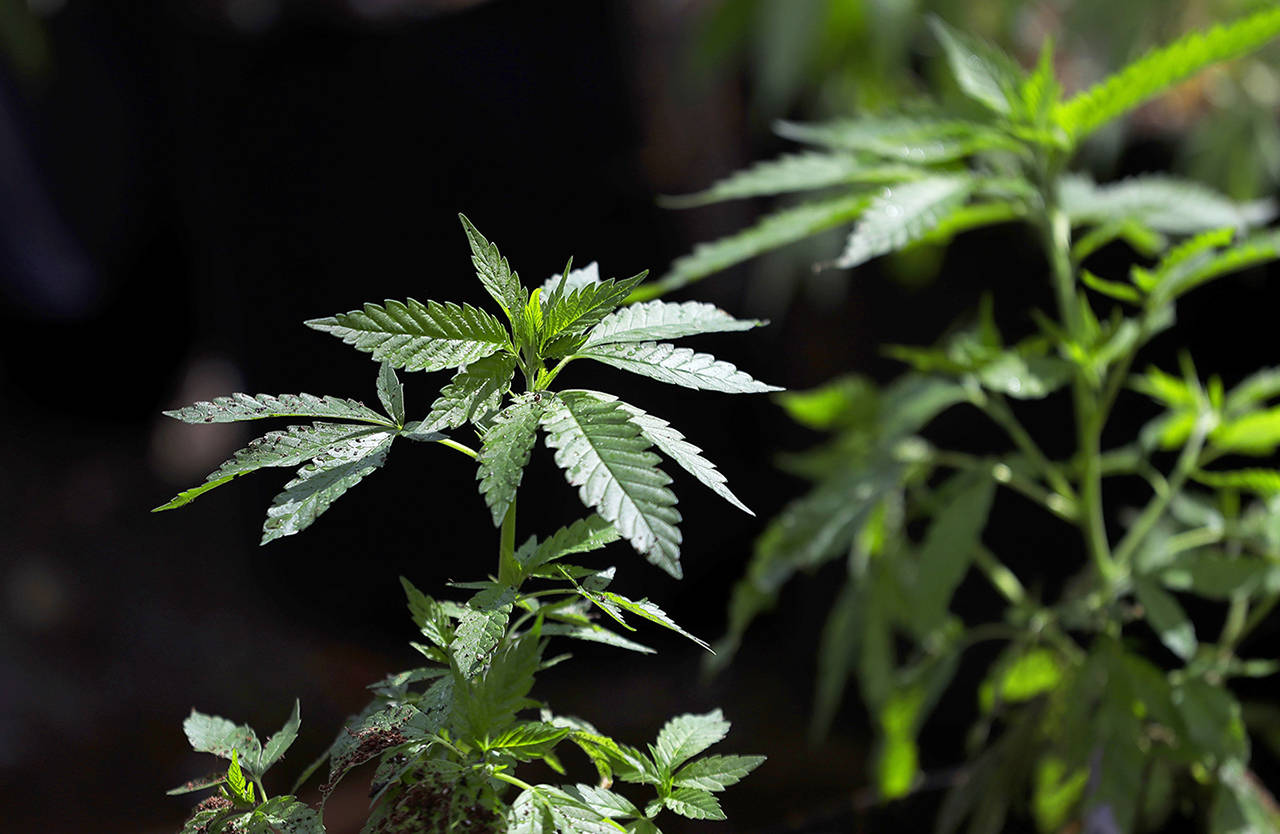By The Herald Editorial Board
Now a full eight years after the state’s voters approved recreational marijuana, Washington adults, 21 and older, are allowed to buy, possess and use marijuana and cannabis products. What they can’t do is grow it themselves.
Washington state remains an outlier among states that allow the sale and possession of recreational marijuana. Of about 15 states where state law has legalized recreational cannabis, Washington and two other states forbid growing recreational marijuana at home, with an exception for medical cannabis; other states and the District of Columbia allow between three and 12 live plants per person, with most states allowing six.
That’s left those legal users of marijuana in this state to depend on commercially grown cannabis.
As with previous attempts, House Bill 1019 would allow each adult to grow six plants at a time, but would limit each residence to a maximum of 15 plants. Under other restrictions outlined in the bill, each plant would have to be labeled and identify the owner, and none of the marijuana produced could be sold, traded or bartered. The law maintains earlier set limits for cannabis possession: 16 ounces of marijuana, 72 ounces of liquid cannabis products and 7 grams of marijuana concentrate. Additionally, property owners could prohibit a renter from growing marijuana.
But last year, after a similar bill failed to move out of the House appropriations committee, backers addressed lingering concerns, said Lara Kaminsky, government affairs liaison with the Cannabis Alliance, a statewide advocacy group, and have added provisions that bar home-grown marijuana in foster homes and those used for child day care or early childhood education and require that it be out of sight and its odor not noticeable by passersby.
In the past, when the legislation has been proposed, one of the chief objections has been concern for children in homes where marijuana is grown. But eight years after the legalization of recreational marijuana in the state, those fears appear unfounded.
The legal availability of cannabis in Washington state hasn’t shown to have increased its use by minors, according to the state’s most recent Healthy Youth Survey; in fact, marijuana use among youths has showed declines in recent surveys. Allowing marijuana plants, particularly in homes where cannabis already is consumed, isn’t likely to increase the risk of use by children.
Nor is there much concern about the financial impact in allowing home-grown marijuana, either to retail cannabis businesses or the state’s tax revenues. As an industry, Kaminsky said, most consider those who would grow cannabis at home as hobbyists, such as those who brew their own beer or make their own wine but continue to buy a growler from a pub or a bottle of wine at the store.
Concerning tax revenues, Mike Diamond, a governmental affairs representative for a gardening supply business in Vancouver, Wa., said a study by Washington State University to be released soon, concludes minimal impacts to state excise tax revenue, which would then be offset by sales tax revenue from the sales of lights and other supplies.
Gardeners who grow tomatoes will understand, Diamond said, that you don’t save money growing heirloom tomatoes.
Because of the Legislature’s switch this session to hold hearings, debate and vote remotely to limit exposure during the covid-19 pandemic, lawmakers have been asked to limit the number of bills they file; the Legislature is expected to focus its attentions on issues related to the pandemic, law enforcement reforms and the budget. That’s a measured and realistic reaction to the current conditions that will still allow lawmakers to address and complete important work.
But that shouldn’t keep lawmakers from taking up issues that — because of bipartisan support and limited controversy — don’t require a heavy lift among committees or before either chamber. That’s the case here with allowing Washington state residents the ability to grow their own marijuana.
For those who chose to use recreational marijuana, allowing them the opportunity to grow their own at home is no different than the freedom allowed to those who brew their own beer, make their own wine or grow their own tomatoes; Cannabis — carefully regulated as it is in Washington state — should be treated no differently.
Watch on TVW
House Bill 1019 will have a public hearing before the House Commerce and Gaming Committee at 10 a.m. Friday. The hearing can be watched live and later recorded at TVW: www.tvw.org/watch/?eventID=2021011151.
Correction: An earlier version of this editorial misstated Mike Diamond’s job title. He is a governmental affairs representative for ScottsMiracle-Gro, which owns Hawthorne Co. in Vancouver, Wash.
Talk to us
> Give us your news tips.
> Send us a letter to the editor.
> More Herald contact information.

























